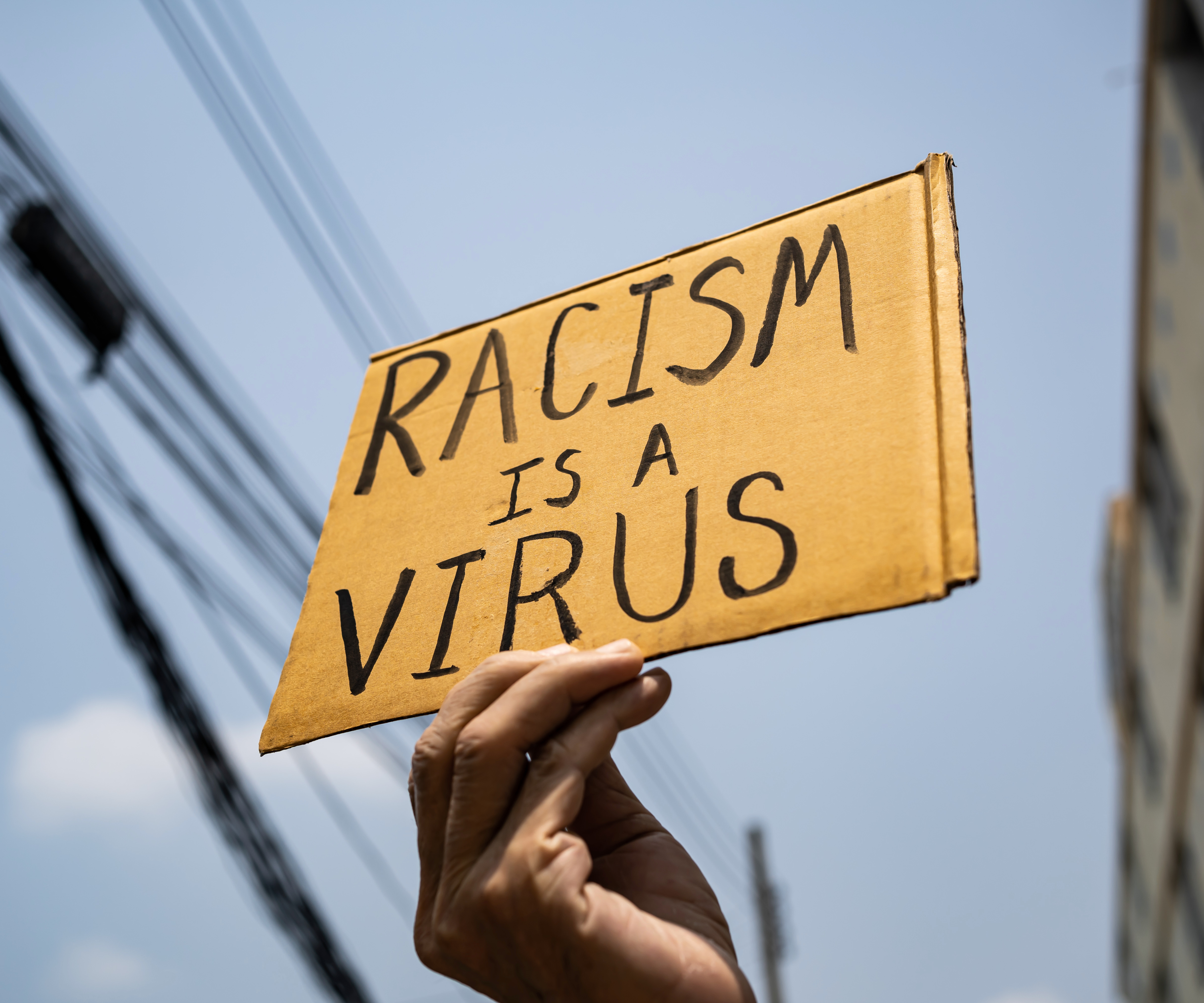
INSTITUTIONAL RACISM COMPELS US TO LISTEN FIRST, THEN ACT
Mike DeGagne | September 14, 2020
As we speculate on the post-Covid world one of the most frequently asked questions is “How soon can we get back to normal?” We are now realizing that the pre-Covid environment is, for many, not a “normal” they wish to return to. While the murder of George Floyd, the Black Lives Matter movement and the continuing wrongful deaths of Indigenous people have created new means through which we can call out racism, they are aided by the fertile ground of a world turned upside down, and can now be re-imagined.
Many Canadian institutions are struggling with structures and systems which have alienated the voices of Indigenous, Black, and racially minoritized people. Just before I became President of Yukon University on July 1st, 2020, more than two hundred academics and staff presented an Open Letter demanding an end to institutional racism towards all the University’s employees and students. I asked myself: How can we be like so many other institutions, struggling with structures and systems which have alienated the voices of Indigenous, Black, and racially minoritized employees, given that our programming has been developed in partnership with Yukon First Nations, has a strong Indigenous advisory presence and voices at the Board of Governors table, as well as having a national reputation for the implementation of the Truth and Reconciliation process? The simple answer is that all public and private sector institutions are built on conscious and unconscious biases that marginalize some voices and leave us without the diversity and richness that drives effective and innovative thinking.
Our first step was an expression of institutional support for marginalized voices and a declaration that institutional racism is inconsistent with our values. This is a sentiment that most organizations express.
The next steps must make actionable meaning from such statements. The example of the Truth and Reconciliation Commission (TRC) Calls to Action (2008) is instructive as it entered the Canadian consciousness like few other public processes of its kind. Many corporations and public institutions have fully engaged in trying to find their role in reconciliation and trying to align their activities and policies in the workplace with the TRC Calls to Action. This is especially true of universities, many of which have committees which are indigenizing the academy and de-colonizing higher education.
The Open Letter we received outlines explicit instructions for addressing our problems. In summary, we are to (i) address the under-representation of Black, Indigenous, and racially minoritized faculty, staff, and students in recruitment and hiring processes, especially at the most senior levels, (ii) incorporate the historical and contemporary experiences of Black, Indigenous, and racially minoritized communities into the curriculum, (iii) mandate anti-racism and anti-oppression training for all faculty and staff, and (iv) undertake a policy review with a racialized lens, determining the ways in which we conduct our work that leads to the under-representation of some voices in the institutional workforce, and in what and how we teach and research.
Lianne Charlie, a faculty member of the Indigenous Governance Degree Program and author of the open letter urged us to move beyond the symbolic, noting there is no shortage of resources available to organizations who choose to engage in transformative work rooted in anti-racism, equity, and justice. She also asks the leadership to demonstrate how it is both listening and acting. This requires an ongoing process that helps us define and identify what institutional racism looks like and how it affects our community.
In our desire to respond with new programs or services we need to be mindful that reconciliation should not be a transaction, where Indigenous, Black, and racially minoritized individuals resort to telling and re-telling stories of historic trauma, while institutions resort to measuring harm and finding means of redress. Canadian society should not focus on trauma/restitution as “call-and-response.” Are we “doing to” each other as an alternative to “talking to” each other?
Ultimately, the transactional approach to reconciliation may prevent us from seeing each other as engaged partners in a common enterprise. Indigenous, Black, and racially minoritized people should not be seen as victims and as people in need of remediation. Rather, we must recognize that Indigenous, Black, and racially minoritized communities represent a growing number of intellectual, social, cultural and economic influencers in this country. That matters to all of us, now and in the future. You need only attend a university convocation and see the diverse faces of the graduates to know how true this is.
Reconciliation and dismantling institutional racism will not be achieved by contract or negotiation. It must be built from the ways we listen to each other, and the acknowledgement of our mutual contributions to respect and recognition, relationship and understanding, and ultimately to policy and social action.
This article initially appeared in the Globe and Mail on September 10, 2020.


